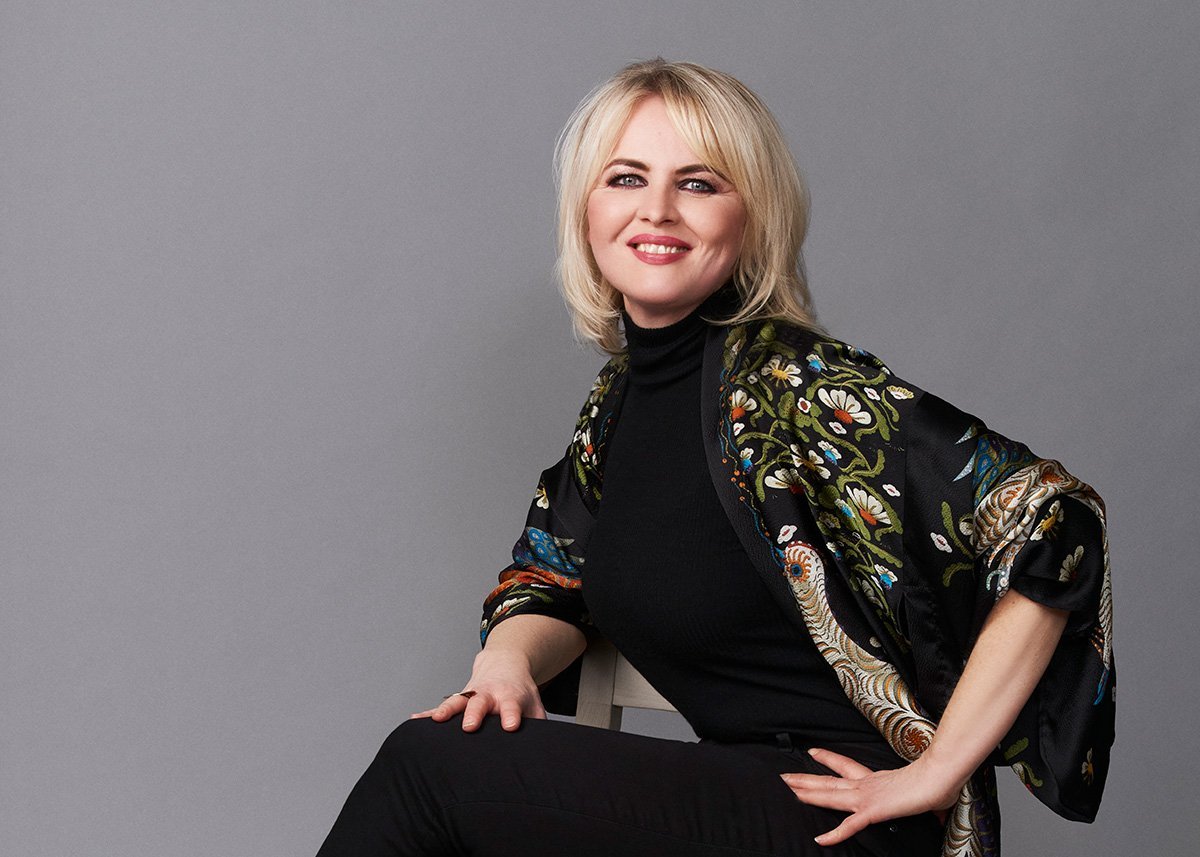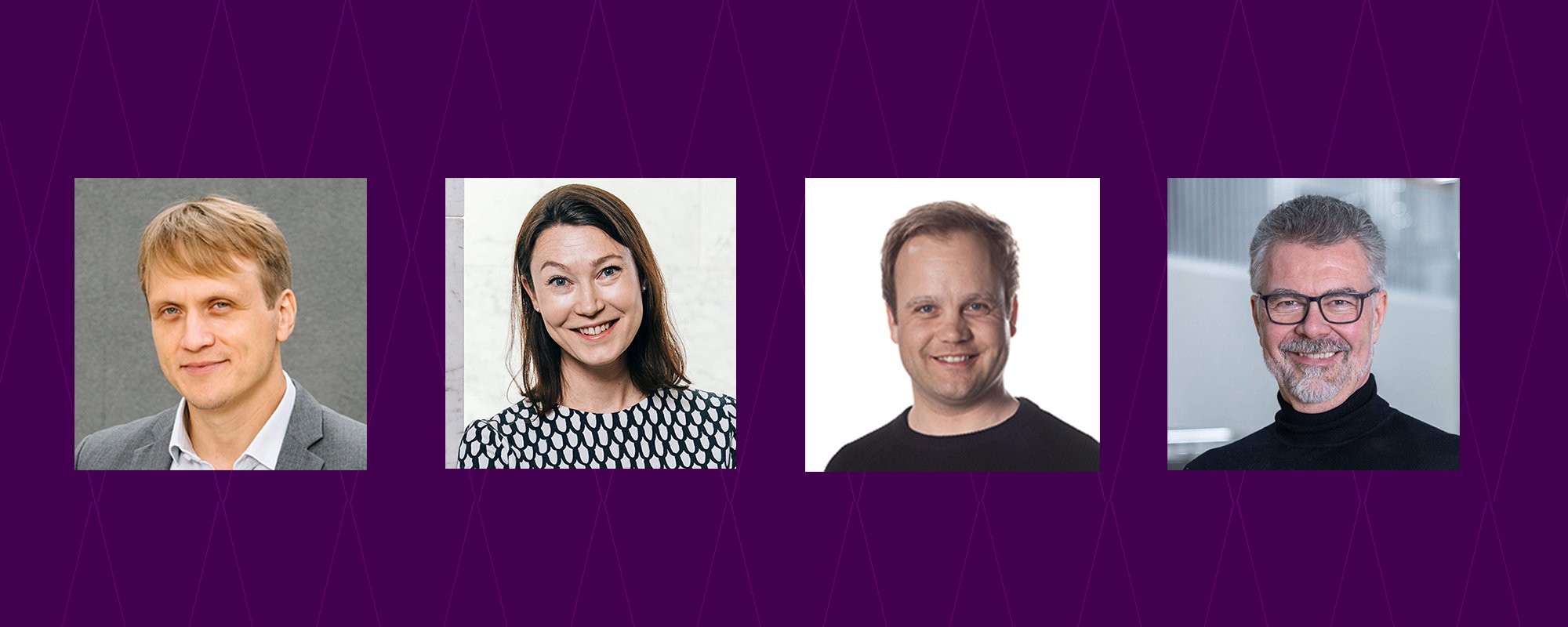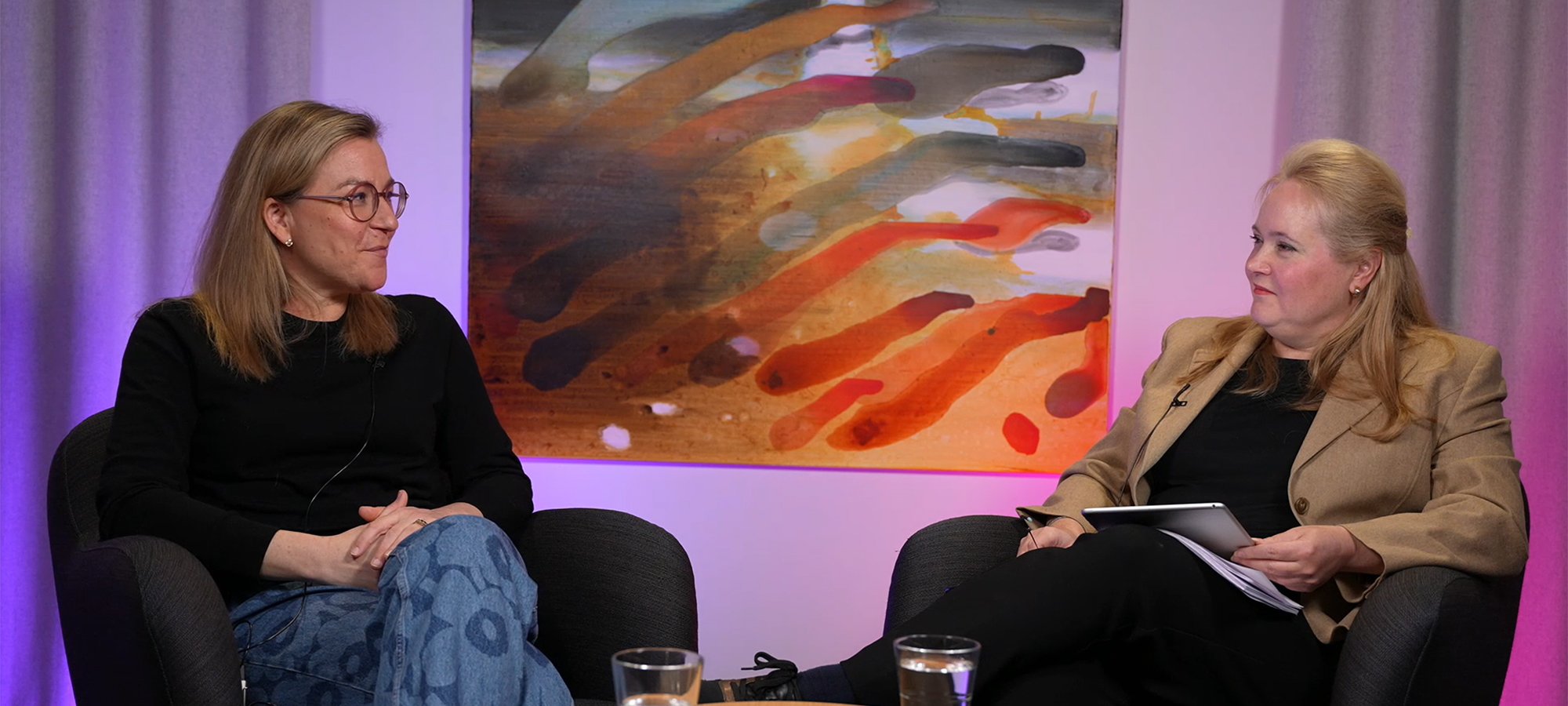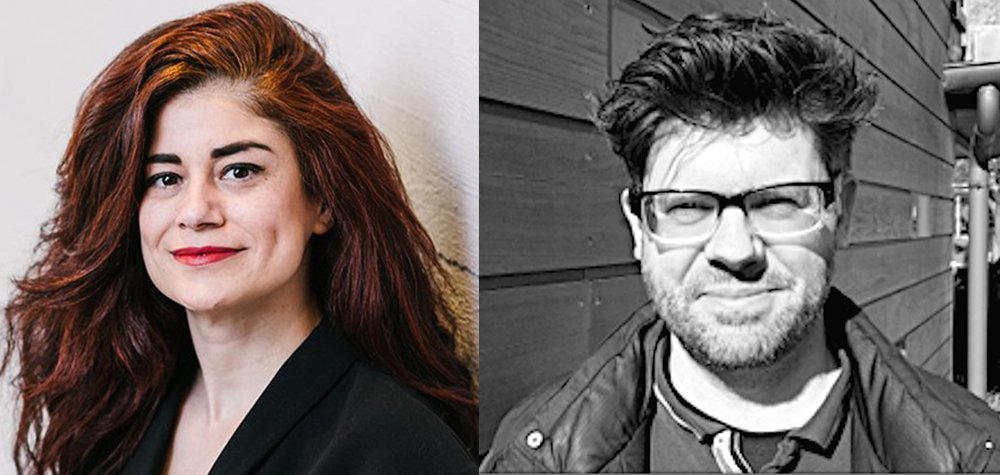Today’s Fast-Paced World Needs Radical Creativity – an Aalto EE Initiative Encourages Competing Businesses to Collaborate
The aim of the Leading Radical Creativity in Ecosystems initiative is to renew management practices by fostering creativity and innovation and by encouraging competing organizations to collaborate.
Annamari Typpö, 02.02.2024
|Articles
In today’s fast-paced world, where change is constant and competition intense, we need to change the way we lead.
Aalto EE, working hand in hand with Aalto University, has stepped up to this challenge with the Leading Radical Creativity in Ecosystems initiative, which was launched in fall 2023.
This project is about transforming how we understand and harness the power of diverse skills and fields within the business world. It is funded by Saastamoinen Foundation.
Consider the space missions; that was a form
of radical creativity."
Radical creativity means more than just thinking outside the box – it's about reimagining the box itself.
"Radical creativity has always been part of our story," points out Nana Salin, Director of Alternative Funding at Aalto EE.
"Consider the space missions; that was a form of radical creativity. It's all about daring to chase dreams and utopias, which have always pushed humanity forward. If we don't believe in the possibility of something, it simply won't come to be."
"When usual methods won't cut it, radical creativity steps in"
Driving the initiative are Aalto University's strategic priorities: sustainable solutions, entrepreneurial mindset, and radical creativity, essential for reshaping today's workplace.
This aligns with the World Economic Forum and the European Union, who have pinpointed creativity as a top skill for the future.
A study conducted as part of the government-backed Creative Working Life 2030 project shows that while companies are good at following the script, they struggle to challenge and rewrite it.
At Aalto, radical creativity is seen as a transformative skill that urges us to think big and break free from old patterns. This isn't about small fixes; it's about pioneering entirely new concepts.
As Salin says, "When usual methods won't cut it, radical creativity steps in."
Radical creativity is about charting a path to futures unbound by tradition. For enterprises, the aim is to unlock new potential despite the field they work in.
What’s best, anyone can adopt this skill.
The Leading Radical Creativity in Ecosystems initiative encourages leaders of the future to think in a new way and reinvent the business landscape with groundbreaking ideas.
Competitors can collaborate
At the heart of the project is the concept of 'co-opetition' where competitors find common ground for the greater good.
An increasing number of companies strike a balance between working together and going head-to-head.
The essence of co-opetition is a fair play – a give-and-take where everyone's on equal footing. As professors Adam Brandenburger and Barry Nalebuff highlighted in their Harvard Business Review article in 2021, it’s a fine line to walk.
When two sides work in harmony, everyone wins. But, when the scales tip too much on one side, keeping things level calls for some savvy moves.
An increasing number of companies strike
a balance between working together and
going head-to-head."
We're seeing this play out in real life.
Tech giants Apple and Google have teamed up on contact-tracing technology, automotive leaders like Ford and GM have shared transmission tech secrets.
Off-the-wall product ideas have emerged – like an energy drink designed around H&M's insights into daily life or Coca Cola Light's reboot as a workday pick-me-up.
In the food industry, companies are fiercely protective of their secrets – the finance industry seems more used to working together
At the heart of the initiative is an innovative methodology that combines round table discussions with industry players and targeted interviews. At first, the discussions included key players from the food and finance sectors.
The discussions shed light on what’s these fields’ take on collaboration and competition.
The first two round-table discussions were led by Associate Professor Pekka Mattila from Aalto University School of Business who passed away suddenly in January 2024.
When facing big global issues like climate change
and financial downturns, companies find reasons
to work together for the greater good."
In the food industry, there's a real hesitation to team up when creating new products. Companies are fiercely protective of their secrets and usually only join forces when they see a competitor's success and rush to catch up.
The finance industry, however, seems more used to working together, thanks to strict rules and long-standing partnerships. Even so, there's still a lot of caution and formality in these collaborations.
But when facing big global issues like climate change and financial downturns, companies find reasons to work together for the greater good. Rules can act as a level playing field, pushing businesses toward teamwork that aims to tackle these larger challenges.
Generative AI can be your creative partner
Artificial intelligence can boost human creativity, especially when people from different fields work together.
That's why the third round-table discussion in the Leading Radical Creativity in Ecosystems initiative, steered by Aalto University's Senior Lecturer Ville Eloranta, zoomed in on how AI can spark fresh ideas and new ways of team collaboration.
Think of generative AI as a creative partner that can whip up new concepts by sifting through tons of data to spot trends humans might miss.
Creativity is about sitting with the problem,
exploring its many facets, and not rushing
towards a solution."
"Generative AI is not about replacing human creativity but enhancing it, offering new perspectives that we might not consider. It can be a game-changer in interdisciplinary creative teams, bringing together varied perspectives and fostering a rich breeding ground for innovation and empathy," Eloranta explains.
The round table focused on how businesses could get their creative juices flowing, finding that sweet spot between fresh ideas and practical solutions, with generative AI playing a vital role. It showed how cutting-edge tech could be the best teammate for creativity in groups with varied expertise.
“Creativity is about sitting with the problem, exploring its many facets, and not rushing towards a solution,” Eloranta explains.
The consensus? Partnering up could be revolutionary
In the Leading Radical Creativity in Ecosystems discussions, the hot topic was whether companies should fly solo or join forces, possibly aiding their competition.
The consensus? Partnering up could be revolutionary, especially for pioneering new market arenas.
Nana Salin stands firm on teamwork's importance, arguing that collective action, not individual glory, paves the way to the future. Embracing a collaborative ethos means industries can swap wisdom and avoid reinventing the wheel.
This was also made clear by our discussions: out-of-the-box ideas change the game.
We're now zeroing in on how radical creativity
can spur cross-industry teamwork and mutual benefits."
The partners do not need to have much in common. Think of Samsung and Starbucks, which have developed quirky accessories for smartphones together.
The project is set to wrap up by the end of 2024.
"Our fall trials were a hit, paving the way for what's next. We're now zeroing in on how radical creativity can spur cross-industry teamwork and mutual benefits. Initially, we'll be rolling out tailored solutions for particular industries, all centered on what each organization specifically needs," shares Nana Salin.
According to Salin, the initiative paves the way for all organizations that aim to shape the future of leadership and innovations, offering valuable learnings and insights that can be put into practice in different fields.
The text has been published in February 2024 honoring the remarkable work of Associate Professor Pekka Mattila. The work continues.
The people responsible for the development project are in Aalto EE and Aalto University: Elisabeth Pesola, Nana Salin, Riikka Mäkikoskela and Carita Pihlman. You can find more information about the progress of the project here.





















